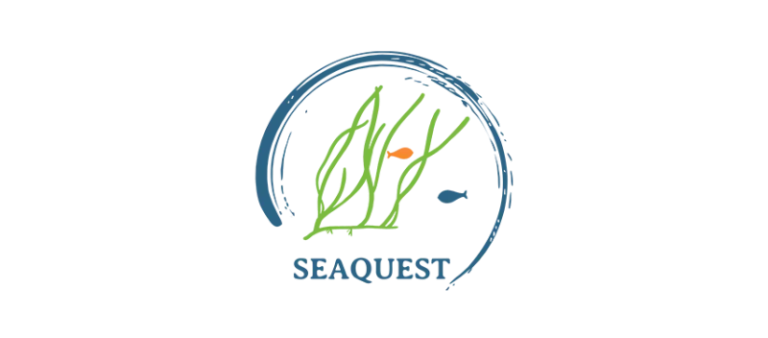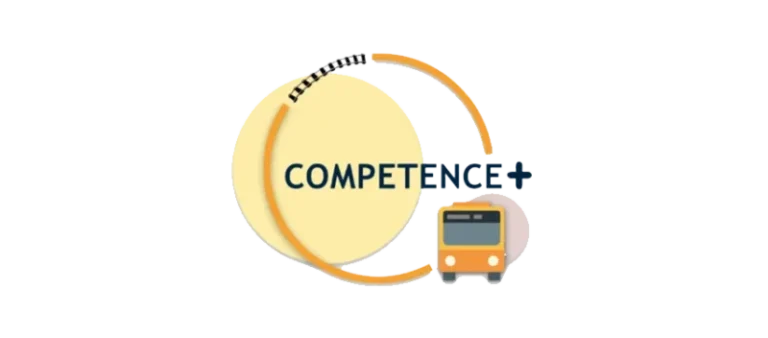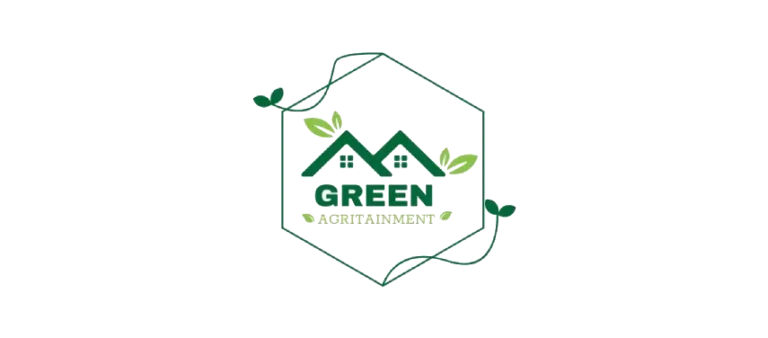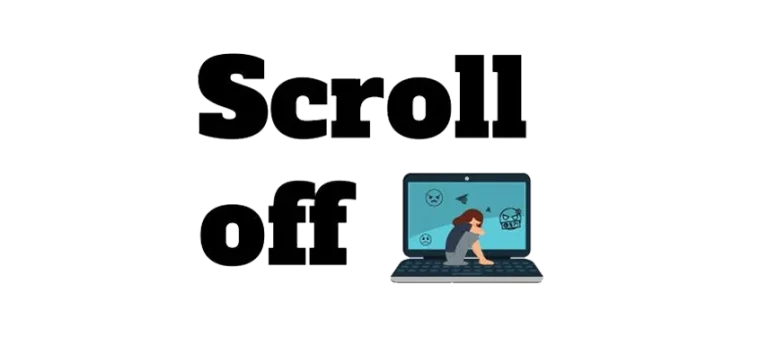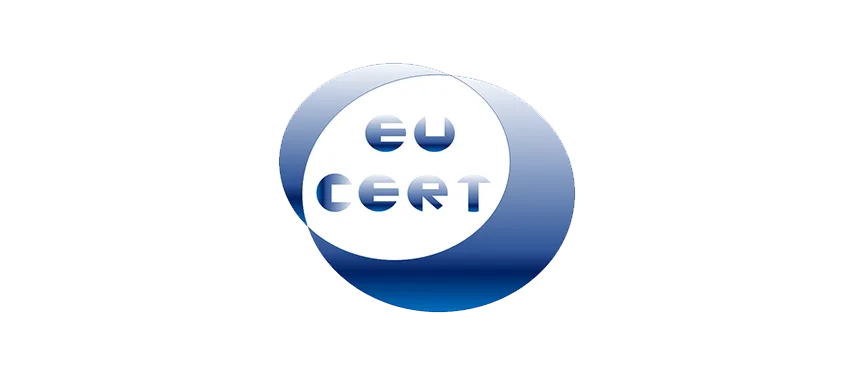
EU-CERT
European Certificates And Accreditation For European Projects
The main goal of the EU-CERT project is to define, design and implement European criteria for ERASMUS+ project accreditation and to develop a stable accreditation structure that will also run sustainable after the end of the EU-CERT project.
The project idea of EU-CERT directly relates to four core aspects of EU policy
(a) “Recognition of skills and qualifications” (https://ec.europa.eu/education/policies/european-policy-cooperation/development-skills_en)
(b) “EU initiatives on transparency and recognition of skills and qualifications”
(c) the “Reinforcing the development of key competences” which is in line with the Council
(d) “Recommendation on key competences for lifelong learning”. Apart from these research- based needs recommendations by several authorities, each of the partners express their own needs to enhance practitioners practice and to make high quality visible and transparent in adult education.
It is important to show relevance, effectiveness, create transparency based on transparent and clear processes to ensure that high quality results from adult education are usable in the future. In adult education it is crucial to get credibility.
EUCERT Objectives
- It helps to support common shared values in adult education and is the basis for civic engagement which is fostered by excellent adult education approaches.
- Moreover, it fosters the participation of European adult educator in a high quality adult education network with ensured standards.
- An accreditation system for projects which runs under adult education promotes the idea of ERAMUS+ and offers another way of transparency and visibility in Europe.
- All seniors and all European citizens get a possibilty to find excellent adult education resources via the accreditation information and standards.
This is the important basis for enhancing quality assureance in adult education. To involve all generations in education is an important task in Europe and adult education plays a crucial role in this field.
| Organization Name | Country |
|---|---|
| UNIVERSITAET PADERBORN | Germany |
| INGENIOUS KNOWLEDGE GMBH | Germany |
| ASSOCIAÇÃO REDE DE UNIVERSIDADES DA TERCEIRA IDADE | Portugal |
| TIR CONSULTING GROUP | Croatia |
| ESQUARE | France |
| STANDO LTD | Cyprus |
Disclaimer: This project has been funded with support from the European Commission. This publication reflects the views only of the author, and the Commission cannot be held responsible for any use which may be made of the information contained here.


